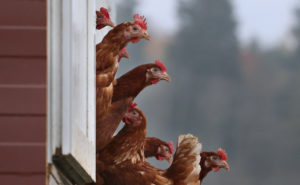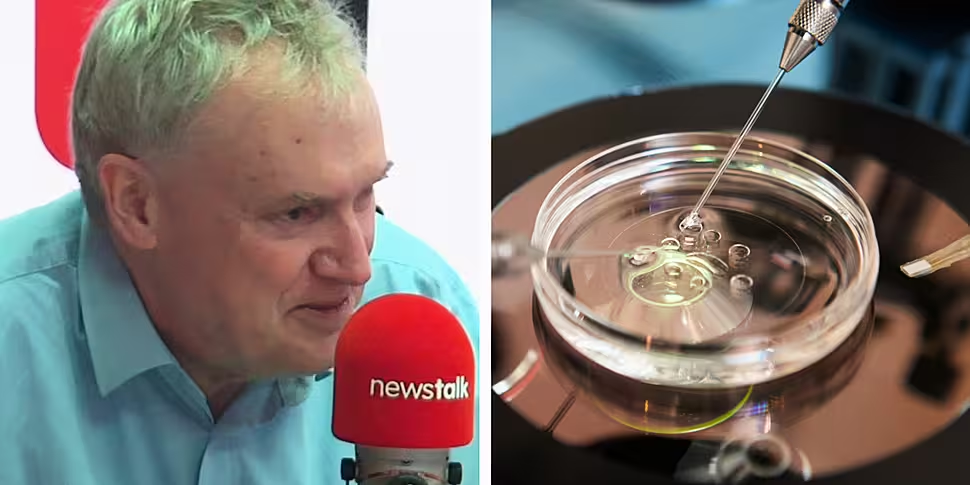A US company has developed testing for IVF embryos to predict expected intelligence scores, Luke O'Neill has said.
For $50,000 (€46,000), the American startup Heliospect Genomics claims it can test embryos for how intelligent they might be.
This is done through testing for over 500 genes that are known to have an effect on intelligence. The company boasts this could lead to a gain of up to six IQ points.
Genetics are not the only factor in predicting intelligence though, as the way a person is raised is also known to contribute heavily.
On The Pat Kenny Show, Luke O’Neill warned that the situation is an ‘ethical minefield’ with unknown consequences.
“You might select certain genes for a certain trait but then it could be some other trait that that gene is also involved in that gets enhanced,” he said.
Prof O’Neill used the example of a genetic testing experiment that was performed on chickens to demonstrate his point.
“They selected chicken embryos based on their genes to be egg layers, and they managed to produce a chicken that could lay a lot more eggs per unit time,” he said.
“If you're an egg farmer, that's really useful - the chicken is able to lay more eggs.
“Guess what though? The chickens that emerged from these embryos were highly aggressive.
“When they stuck them in among the other chickens, they began attacking and pecking the other chickens to death.
“We're in the realm now of stuff that's unpredictable.
“You never know - if you pick a certain set of genes for intelligence it might result in a child with another trait that you didn't quite anticipate, and that's a risk.”
 File photo of chickens. Picture by: Karl-Josef Hildenbrand/DPA/PA Images
File photo of chickens. Picture by: Karl-Josef Hildenbrand/DPA/PA ImagesProf O’Neill also said genetics are not everything when it comes to a person’s intelligence.
“If you think intelligence is genetic, then you don't worry about social considerations to improve people's performance or whatever it might be - and that's very damaging,” he said.
“That's called genetic determinism - in other words, you're set in stone that your [child’s] intelligence will be whatever it might be, and that means you can have less responsibility in terms of upbringing.”
The company’s research was conducted using the UK Biobank, a taxpayer-funded store of genetic material. The use of this data by an American company has also been controversial.
Listen back here:









